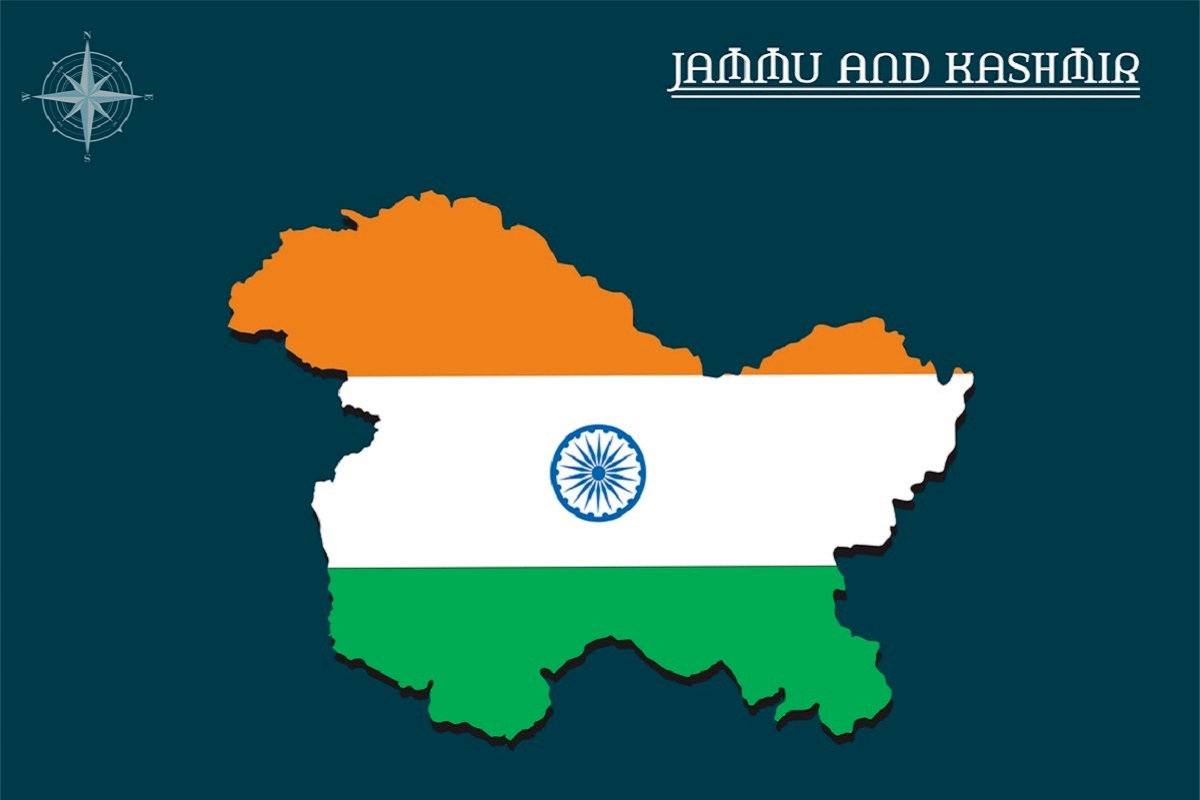BRS leader KTR invokes delimitation issue to seek votes
He said if the parliamentary seats are reduced, only the BRS would be able to fight for Telangana.
In response to media queries regarding the resolution, Ministry of External Affairs (MEA) spokesperson Arindam Bagchi said Pakistan has no locus standi to pronounce on or interfere in matters that were internal to India, including the Indian territories under Pakistan’s illegal and forcible occupation.

(Representational Image: iStock)
India today categorically rejected the resolution passed by the National Assembly of Pakistan on the delimitation exercise in Jammu and Kashmir, regretting that the neighbouring country continued to interfere in India’s internal affairs instead of putting its own house in order.
In response to media queries regarding the resolution, Ministry of External Affairs (MEA) spokesperson Arindam Bagchi said Pakistan has no locus standi to pronounce on or interfere in matters that were internal to India, including the Indian territories under Pakistan’s illegal and forcible occupation.
”The entire territory of the Union Territories of Jammu & Kashmir and Ladakh has been, is and shall always remain an integral part of India. The delimitation exercise in the Union Territory of Jammu and Kashmir is a democratic exercise based on the principles of extensive stakeholder consultation and participation, he said and charged Islamabad with indulging in baseless and provocative anti-India propaganda.
Advertisement
The spokesperson further said; ”We reiterate that Pakistan must immediately cease anti-India cross-border terrorism and shut down its infrastructure of terrorism; stop the grave and persistent human rights violations in Pakistan occupied Jammu, Kashmir & Ladakh (PoJKL); refrain from effecting any further material changes in the status of PoJKL; and vacate the Indian territories that are under its illegal and forcible occupation.”
This came a day after India rejected the comments made by the Organisation of Islamic Cooperation (OIC) on the delimitation exercise in J & K.
Advertisement